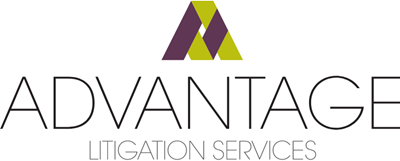Bankruptcy & Insolvency
Insolvency is a particularly technical area of law that seeks to regulate what happens when a person or company are unable to pay their debts. The consequences of potential or actual insolvency can be serious and require appropriate action from both creditors and those at risk of bankruptcy.
A company's inability to pay its creditors may result in an attempt to rescue it through either administration, receivership or a company voluntary agreement. If a company cannot be saved, it will be liquidated (also known as winding up) either compulsorily or voluntarily. Liquidation is where a company is dissolved in order to sell its assets, which are then distributed to the company's creditors. When a company is going through an insolvency procedure, an insolvency practitioner may be appointed to take over control in order to satisfy as many of the debts as possible.
An individual's inability to pay their debts may require negotiations with creditors to come to an agreement for repayment or, in more serious cases, a petition for bankruptcy. Similarly to a company, when an individual is subject to insolvency or bankruptcy procedures, an official receiver or insolvency practitioner will be appointed trustee-in-bankruptcy and put in charge of administering, protecting and distributing assets to creditors.
No Win No Fee Bankruptcy and Company Insolvency Litigation Claims
If you are a creditor or a company owner, you may be thinking of making a statutory demand for payment of a debt, a winding up (liquidation) petition for dissolving a business or a petition for bankruptcy against an individual. Alternatively, you may have been presented with a statutory demand or petition and wish to resist it.
Commercial claims may arise when an insolvency practitioner fails in their duty to exercise reasonable skill and care when discharging their duties. This will particularly be the case when a practitioner's negligence has had very significant and severe consequences for both those subject to insolvency proceedings and their creditors. For example, they may not have followed a fair procedure resulting in uncalled for bankruptcy or may have insufficiently investigated available assets so debts aren't adequately satisfied.
Whether you wish to commence legal proceedings or challenge those that are being brought against you, our specialist insolvency team can guide you through the procedures and help you find an affordable and cost-effective solution.
Commercial Litigation Funding
If you are thinking about taking legal action against another individual or company but are worried about the costs involved, Advantage Litigation Services have the skills and expertise to help you find a way of funding commercial litigation without risking your personal finances or those of your business. Click here to contact us today or call 0800 160 1298 to see how we can help.


